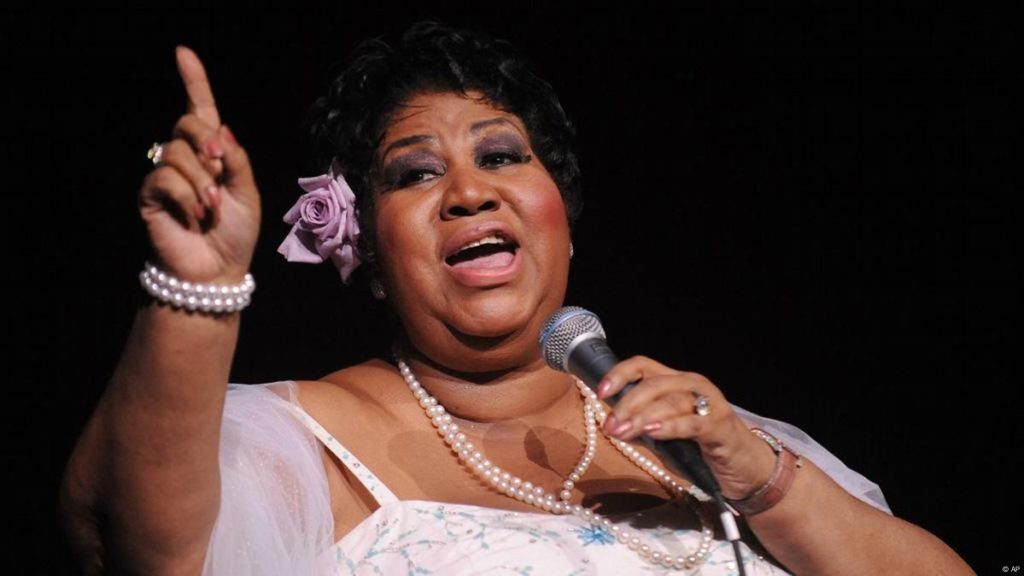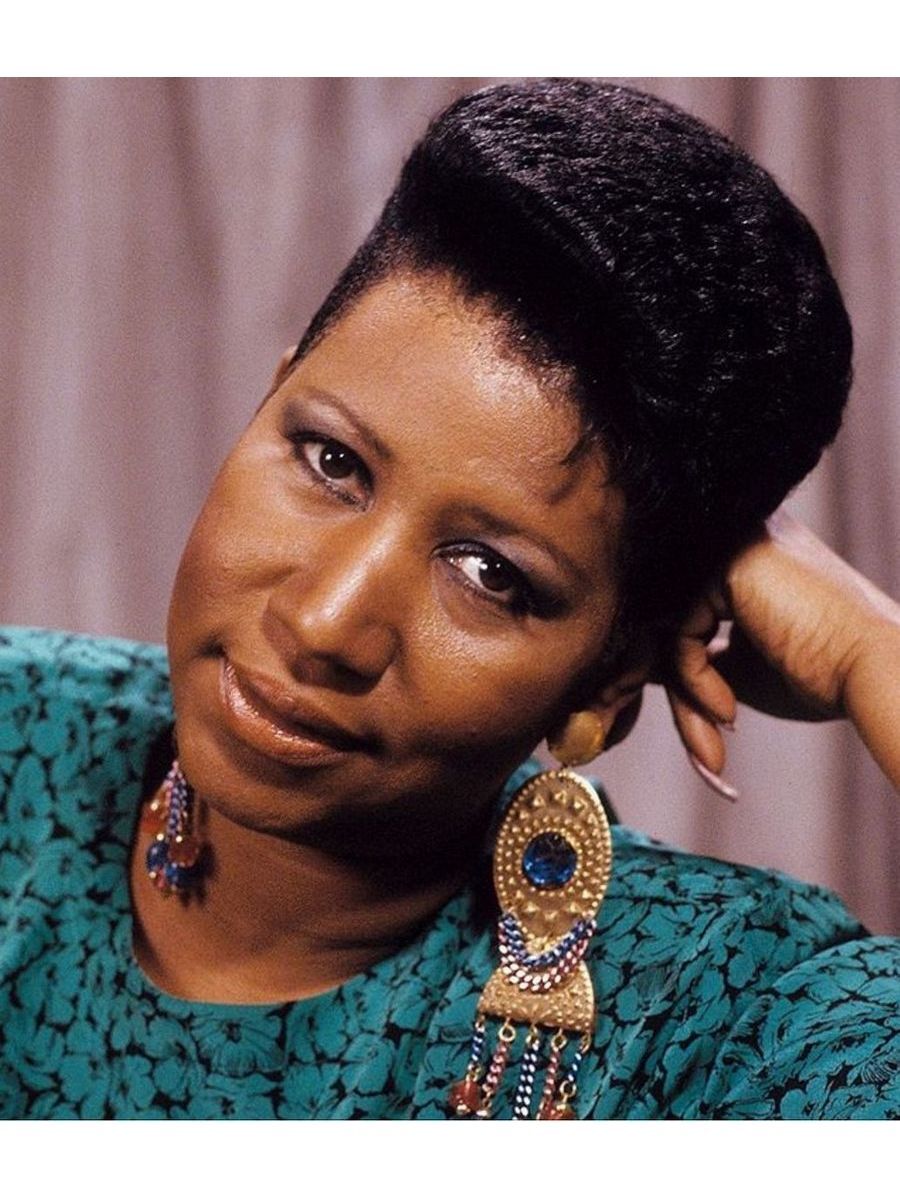
A Timeless Anthem of Empowerment and Self-Worth
When you think of songs that have not only defined an era but have also transcended time to remain relevant across generations, “Respect” by Aretha Franklin is undoubtedly one that comes to mind. Released in 1967, this iconic anthem not only secured the number one spot on the Billboard Hot 100 chart but also became a rallying cry for both the civil rights and feminist movements. The song was originally written and recorded by Otis Redding in 1965, but it was Aretha Franklin’s rendition that truly made waves, transforming it into a powerful declaration of independence and dignity.
“Respect” is more than just a song; it’s a cultural milestone that encapsulates the struggles and triumphs of a transformative era. When Aretha Franklin sang those commanding letters—R-E-S-P-E-C-T—she wasn’t merely spelling out a word; she was articulating a demand for recognition that resonated deeply with listeners who were fighting for equality and justice. Her version brought a fresh perspective, shifting the narrative from Redding’s plea to a woman’s assertive demand for respect in her personal life, thus giving it an empowering twist.
The backstory of Franklin’s “Respect” is as compelling as its lyrics. By the mid-1960s, Aretha Franklin had already established herself as a formidable talent with her gospel-infused sound. However, it was her signing with Atlantic Records and collaboration with producer Jerry Wexler that marked the turning point in her career. Wexler recognized Franklin’s potential to cross over into mainstream music while retaining the soulfulness that set her apart. Together, they crafted an album, “I Never Loved a Man the Way I Love You,” which included “Respect” and became one of her most celebrated works.
The impact of “Respect” extends beyond its musical brilliance; it carries historical significance. During the tumultuous 1960s, America was grappling with profound social changes. The civil rights movement was gaining momentum, advocating for racial equality and justice. Simultaneously, the feminist movement was challenging societal norms and advocating for women’s rights. In this context, “Respect” emerged as an anthem for empowerment. It gave voice to those who were marginalized and sought acknowledgment and equality in their everyday lives.
Listening to Aretha Franklin’s “Respect” is like stepping into a time capsule filled with emotion and urgency. Her powerful vocals convey a sense of determination and strength that still resonates today. The song’s enduring appeal lies in its universal message—everyone deserves respect, regardless of gender or race—a message that remains pertinent in our contemporary world.
For many older listeners, hearing “Respect” might evoke memories of a pivotal time in history when music played an integral role in societal change. It serves as a reminder of the progress that has been made and the work that still lies ahead. The song’s legacy continues to inspire new generations, proving that true artistry knows no bounds.
In reflecting on Aretha Franklin’s monumental contribution through “Respect,” we are reminded of the power of music to effect change and uplift spirits. It’s not just about demanding respect; it’s about celebrating self-worth and acknowledging the dignity inherent in every individual. As long as there are voices calling out for justice and equality, the echoes of “Respect” will continue to reverberate through time, reminding us all of what truly matters.
